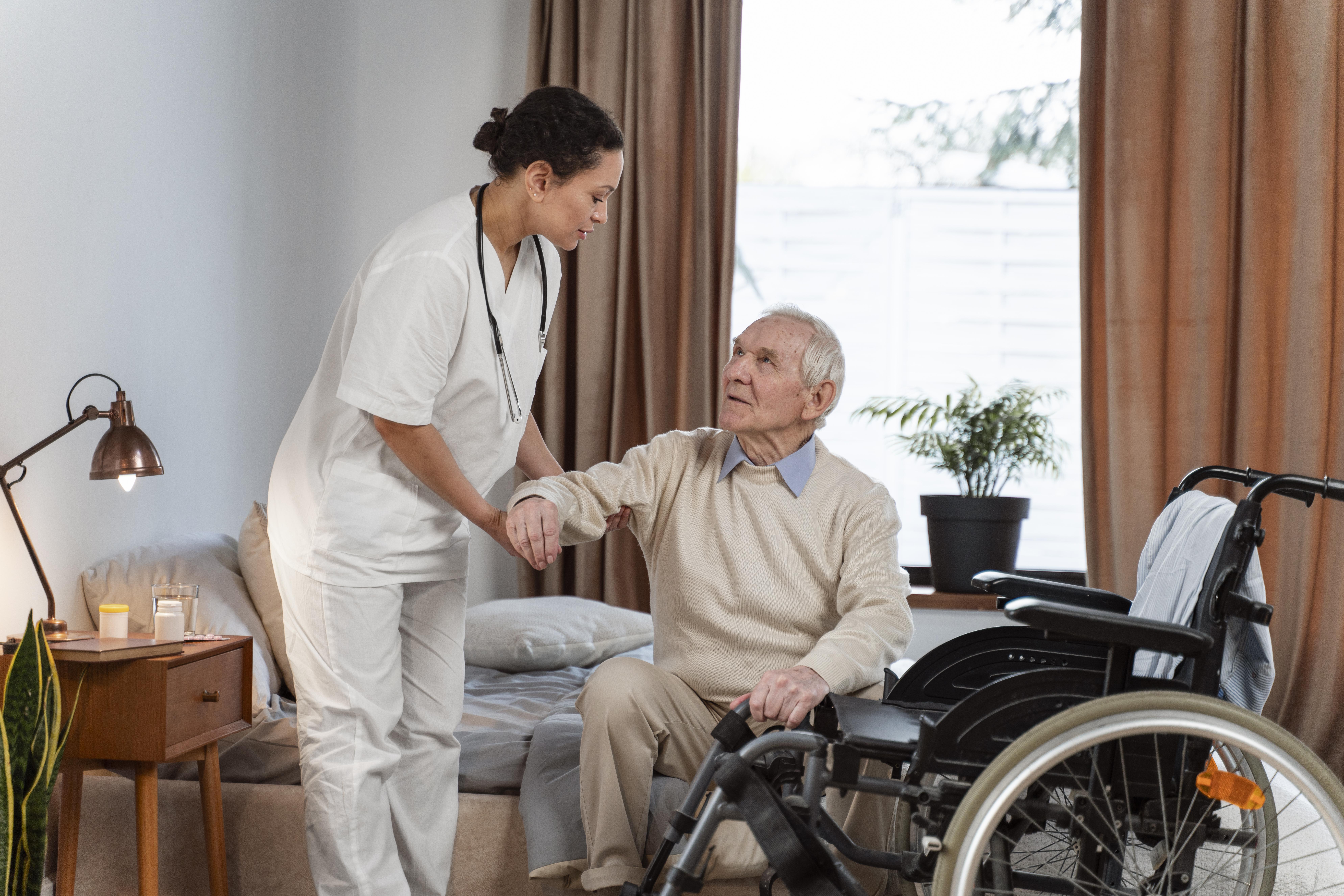Supporting independent living is about enabling individuals to live life on their own terms with confidence, dignity, and autonomy. It goes beyond providing basic assistance—it’s about giving people the tools, guidance, and support they need to make decisions, engage with their communities, and manage their daily lives effectively. Independent living is particularly important for the elderly, people with disabilities, and anyone facing challenges that impact their ability to fully participate in everyday life.
The Importance of Supporting Independent Living
Independent living fosters self-reliance, personal growth, and a sense of accomplishment. When individuals are supported to live independently, they experience greater self-esteem and mental well-being. Supportive measures do not mean taking control away but providing the necessary resources, encouragement, and guidance so that individuals can live life confidently and safely.
Creating Accessible and Safe Environments
One of the main pillars of supporting independent living is accessibility. Homes, workplaces, and public spaces should be adapted to accommodate individual needs. Simple modifications such as ramps, grab bars, wider doorways, and assistive devices can significantly enhance independence. Additionally, smart home technology and adaptive equipment help individuals carry out daily tasks efficiently, improving both safety and quality of life.
Social and Emotional Support
Emotional and social support is just as vital as physical accessibility. Building a network of family, friends, caregivers, and community services helps individuals feel connected, motivated, and secure. Social engagement prevents isolation, promotes mental health, and encourages people to actively participate in their communities while pursuing independence.
Skill Development and Empowerment
Education and skill-building play a key role in supporting independent living. Learning life skills such as financial management, cooking, personal care, communication, and digital literacy equips individuals to handle everyday challenges confidently. Access to online resources, training programs, and assistive technologies further enhances self-reliance, allowing individuals to achieve their personal goals.
Conclusion: The Value of Independence
Supporting independent living is about more than daily assistance—it is about empowerment, choice, and dignity. By providing the right resources, guidance, and emotional support, individuals can live safely, confidently, and independently. Independent living improves self-esteem, mental well-being, and overall quality of life. With the proper support, everyone can achieve greater independence and enjoy a meaningful, fulfilling life.

